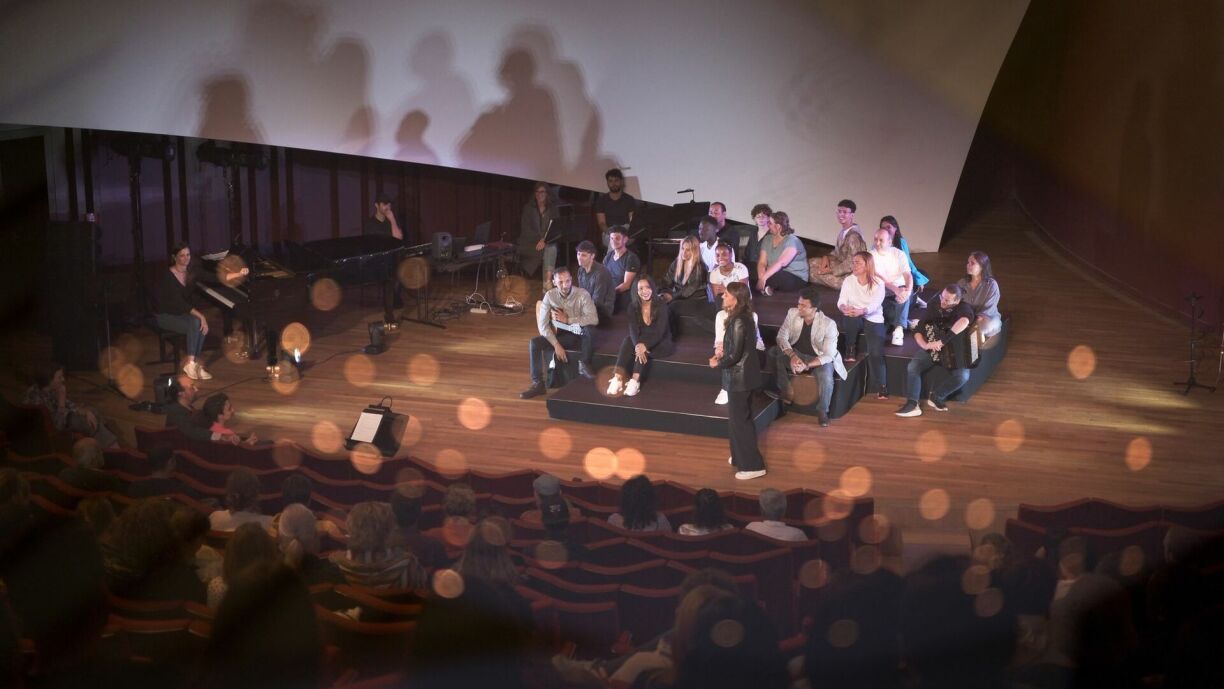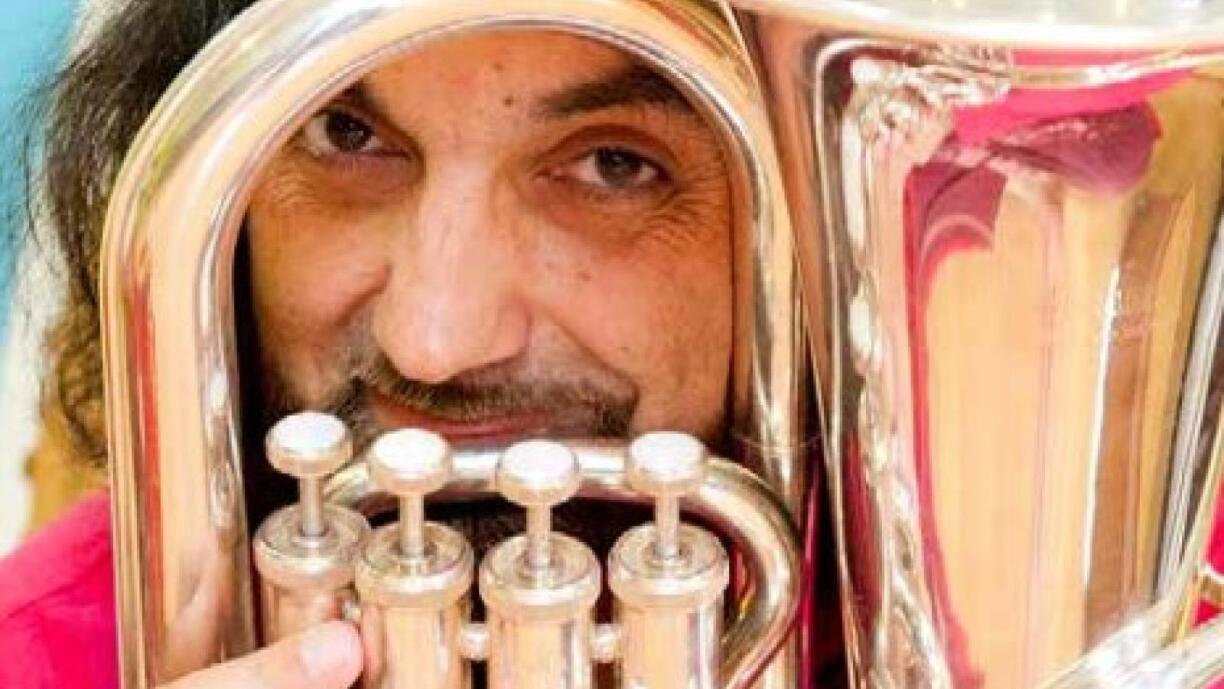
‘pOpera’ is not just any ordinary opera performance. It is a unique and ambitious three-year project that merges professional and non-professional talents from diverse backgrounds, all working together to create something truly extraordinary. With its second edition set to take place this year, the project, which culminates in a grand opera in 2026, serves as a testament to the power of collaboration and cultural exchange.
The brainchild of the Fondation EME and its artistic director Paolo Lameiro, pOpera was conceived as a way to bridge the gap between professional artists and non-professional participants, particularly refugees and newcomers to Luxembourg. Lameiro explains that the project, which began in 2022, adopts a co-creation methodology, involving both professional musicians and non-professionals in every step of the process.
“This is not a traditional opera where professionals dictate everything,” Lameiro emphasizes. “We are learning to build together, bringing in the voices and experiences of the participants, many of whom come from refugee centers across Luxembourg.”
The ultimate goal of pOpera is not just to create a performance but to provide a platform where people from different cultures and life experiences can come together, learn from one another, and share their stories through music. This year marks the second step in the journey, with a “mini-opera” featuring a real orchestra, professional singers, and the many volunteers.

In its first edition, Popera was more of a musical theater production, a trial run where the participants learned to work together. The focus was on exploring the life stories of the newcomers and understanding their struggles and realities. However, this year’s edition takes a leap forward into the world of opera.
“We now have a real conductor, a small orchestra, and professional opera singers joining us,” Lameiro says. “It’s a significant step toward creating a fully-fledged opera, and the participants are getting a true sense of what opera is, how to work with a conductor, and the intricacies of stage direction.”
Unlike the previous year’s more open and free-form performance, this year’s production follows a more structured operatic format, though the story still reflects the values and experiences of the participants.
One of the most remarkable aspects of pOpera is the diversity of its participants. The project works closely with Luxembourg’s refugee centers, with participants coming from places as varied as Syria, Venezuela, and Africa. However, it also involves locals, creating a unique blend of people from different walks of life.
For some participants, this is their second year with the project, while others are joining for the first time. Refugees face many challenges, including issues related to legal documentation, health, and finances, which can sometimes make it difficult to commit long-term. Despite these obstacles, the participants continue to be actively involved, sharing their talents and stories with the group.
While traditional opera productions often rely on auditions and selecting individuals based on their musical talent, pOpera operates on a different principle: everyone has a talent to share. Lameiro stresses that no auditions were held, and there was no exclusion based on musical ability. The project is designed to include people of all musical levels, making it accessible to anyone with the desire to participate.
Beyond just singing, participants are involved in every aspect of the opera’s creation. From contributing their personal stories to shaping the narrative, they play a crucial role in the creative process. For instance, there are moments in the opera where Arabic poetry is recited, reflecting the cultural heritage of some of the participants.
“We are not just creating an opera for them; we are creating it with them,” says Lameiro. “It’s a co-creation project in the truest sense.”
Opera has often been viewed as an elitist art form, something reserved for high society. However, pOpera aims to shatter that perception by making it accessible to everyone. Lameiro acknowledges that the word “opera” can be intimidating, but through the inclusion of diverse voices and stories, the project is helping to break down cultural and linguistic barriers.
Music, as a universal language, is central to this effort. “When they are singing, they are free,” Lameiro notes. “They don’t think about the war in their countries or the difficulties in their lives. Music allows them to connect with others on a deep, emotional level, regardless of background.”
As the second edition of Popera unfolds, the participants are already looking ahead to the grand opera planned for 2026. This will be the culmination of three years of collaboration, learning, and growth. Each step of the journey, from learning to sing together in the first year to performing with a professional orchestra this year, is building toward that ultimate goal.
Popera is much more than a performance—it is a platform for cultural exchange, personal expression, and mutual learning. By bringing together people from different walks of life and giving them a voice on stage, it is helping to foster a deeper understanding of what it means to create and share art as a community.
To register for tickets (free admission), please write to contact@fondation-eme.lu or call us on (+352) 26 02 27 430.